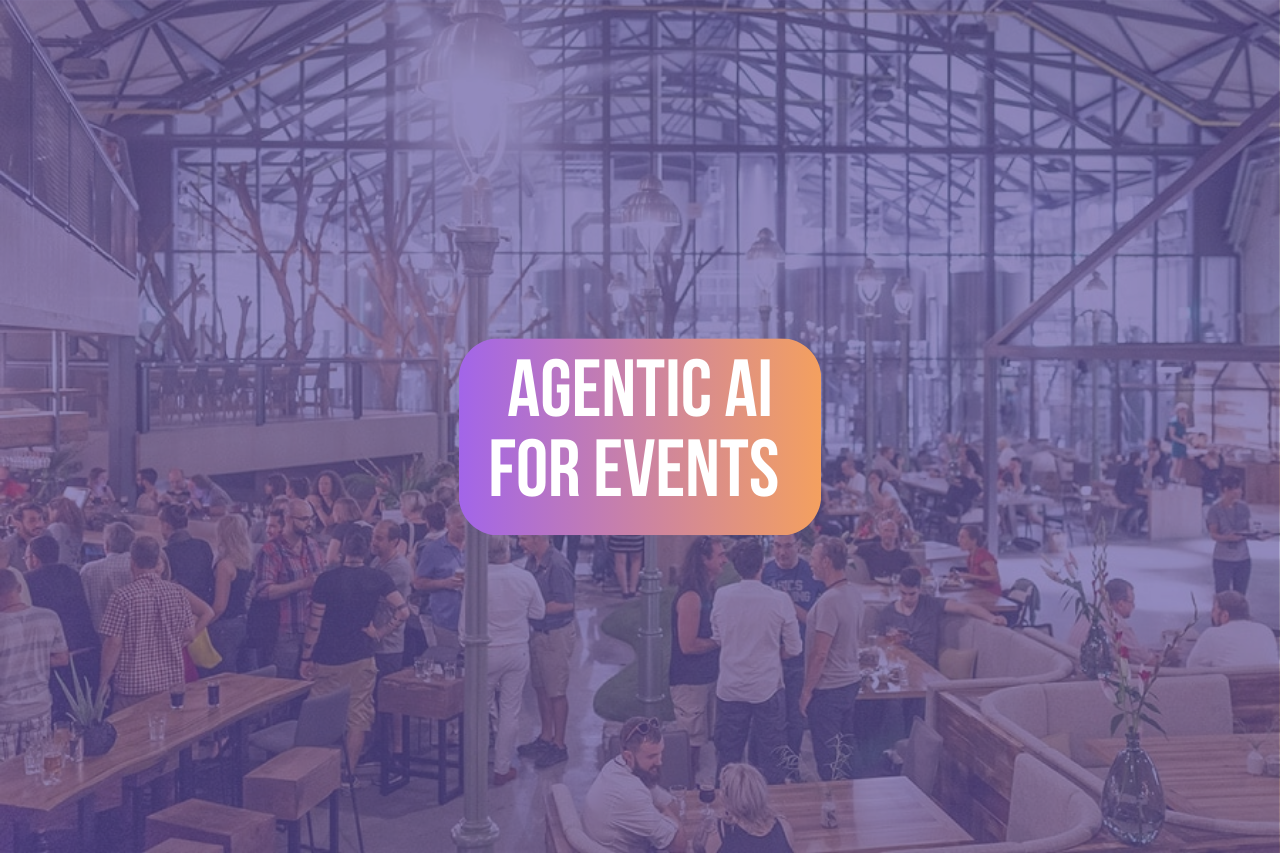GEO vs SEO: Understanding the New Era of Search Visibility in the Age of Generative AI

For two decades, SEO (Search Engine Optimization) dominated the stage. Achieving visibility meant ranking at the top of Google’s search results.
However, user behavior has shifted: when interacting with platforms like ChatGPT, Gemini, or Perplexity, users no longer "search". They "ask."
They receive a synthesized answer, often without clicking on a link. In this evolving landscape, a new form of visibility is becoming paramount: GEO, or Generative Engine Optimization.
What is GEO?
GEO involves optimizing your content so it can be leveraged and cited within the answers generated by Artificial Intelligence.Generative models reformulate information drawn from multiple sources. If your content is clear, well-sourced, and structured, it stands a strong chance of being integrated into these AI responses.
In essence: SEO targets the click, while GEO targets the citation.This represents a fundamental shift in logic: visibility is no longer measured by rank position, but by the frequency with which the AI cites your institution.
GEO vs SEO: Key Differences
Why GEO is Essential for Cultural Institutions
According to a Havas Market study, 34% of users are already leveraging AI for entertainment, culture, and leisure. This metric confirms that cultural institutions are central to these new usage patterns. With Ask Mona, they now have the tools to fully embrace this space.When a user asks, "What are the must-see museums in Paris?", the AI directly cites a few establishments, bypassing the traditional "blue links" of Google. Appearing in these direct answers means capturing attention even before a site visit or a booking.GEO thus becomes:• A key lever for visibility and reputation, even without a click.• A digital mediation tool that ensures your content is accurately represented in AI responses.• A way to strengthen your institution’s credibility with the public, researchers, and patrons.
Toward an Augmented Visibility Strategy
For cultural institutions, this transition cannot be improvised. It necessitates editorial structuring, a deep understanding of AI engines, and appropriate tools to measure visibility. This is precisely where Ask Mona provides support.Our teams are already helping over 150 institutions bolster their presence through:• Chatbots and augmented experiences that capture visitors' real questions and enhance GEO visibility.• A comprehensive content audit to identify key citation levers for AIs.• The Ask Mona Academy, a training program on AI and GEO designed to equip your teams with the necessary editorial and technical skills for this new search era.Adopting a GEO strategy, therefore, means moving beyond classic search engine optimization: it’s about guaranteeing that your expertise remains visible, cited, and chosen, right where the user is present.
To Go Further
The Ask Mona white paper, "How to Make Your Cultural Institution Visible in the Era of Generative AI," details:
- The fundamentals of GEO and its concrete pillars.
- A downloadable checklist to practically implement GEO.
- Tools and practical examples for auditing your content.
- Successfully deployed cultural use cases.
Download the white paper now to understand how to adapt your visibility strategy for the generative engine era.





